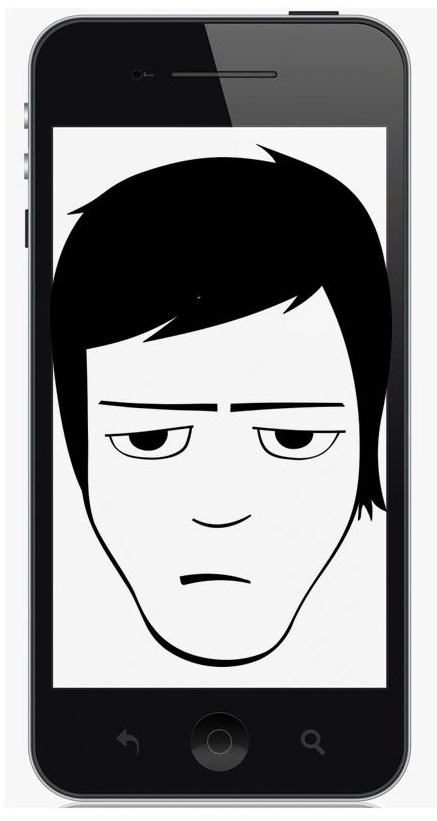A recent report has revealed that the tech just isn’t meeting the needs of this important demographic.
According to a report by the Institution of Engineering and Technology (IET), called “Meeting the Needs of Older and Disabled Travellers,” over 80 percent of people who are over the age of 60 are not using websites, apps, or other online informational services through mobile technology that would assist them in getting from point A to point B.
It is the IET’s hope that the trend will be able to change and that and that these resources will be widely used.
The IET is now encouraging mobile app developers and providers to encourage disabled and older consumers to use mobile technology. The report underscored the fact that there was nearly no awareness among older people when it came to what smartphones and tablets could offer them in terms of travel resources such as for journey planning and booking. Some didn’t know that these options existed, at all. This left them without the knowledge of the types of benefits that they could receive by having travel information delivered to their mobile devices.
The IET has called for a brand new approach to marketing these services over mobile technology to these demographics.
 The report also pointed out that the quality of the travel services and resources available over mobile devices has undergone some tremendous improvements over the last few years. With 4G networks becoming much more commonplace, it has become quite fast and easy for device users to be able to obtain responsive transportation information, as well as to obtain connecting data from different types of public transportation nodes so that people can receive a much more complete plan for their journey, no matter how far they might be traveling.
The report also pointed out that the quality of the travel services and resources available over mobile devices has undergone some tremendous improvements over the last few years. With 4G networks becoming much more commonplace, it has become quite fast and easy for device users to be able to obtain responsive transportation information, as well as to obtain connecting data from different types of public transportation nodes so that people can receive a much more complete plan for their journey, no matter how far they might be traveling.
As a result of the ongoing uncertainty that has occurred when it comes to possible problems that are associated with using public transportation – for example, changes in service or timetable – older people and disabled individuals are greatly missing out when they don’t use their mobile technology devices to keep themselves abreast of these alterations. The experience of public transportation can be considerably enhanced when the right information is quickly and readily available.

 Among those features was whether or not the smartphone had headphones plugged into it, whether the device was charging, and how long ago the phone received an incoming call. With these types of information, the researchers were able to develop an algorithm that their tests have shown can have an accuracy rate of up to 83 percent in terms of determining whether or not the user is bored.
Among those features was whether or not the smartphone had headphones plugged into it, whether the device was charging, and how long ago the phone received an incoming call. With these types of information, the researchers were able to develop an algorithm that their tests have shown can have an accuracy rate of up to 83 percent in terms of determining whether or not the user is bored.